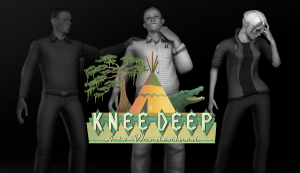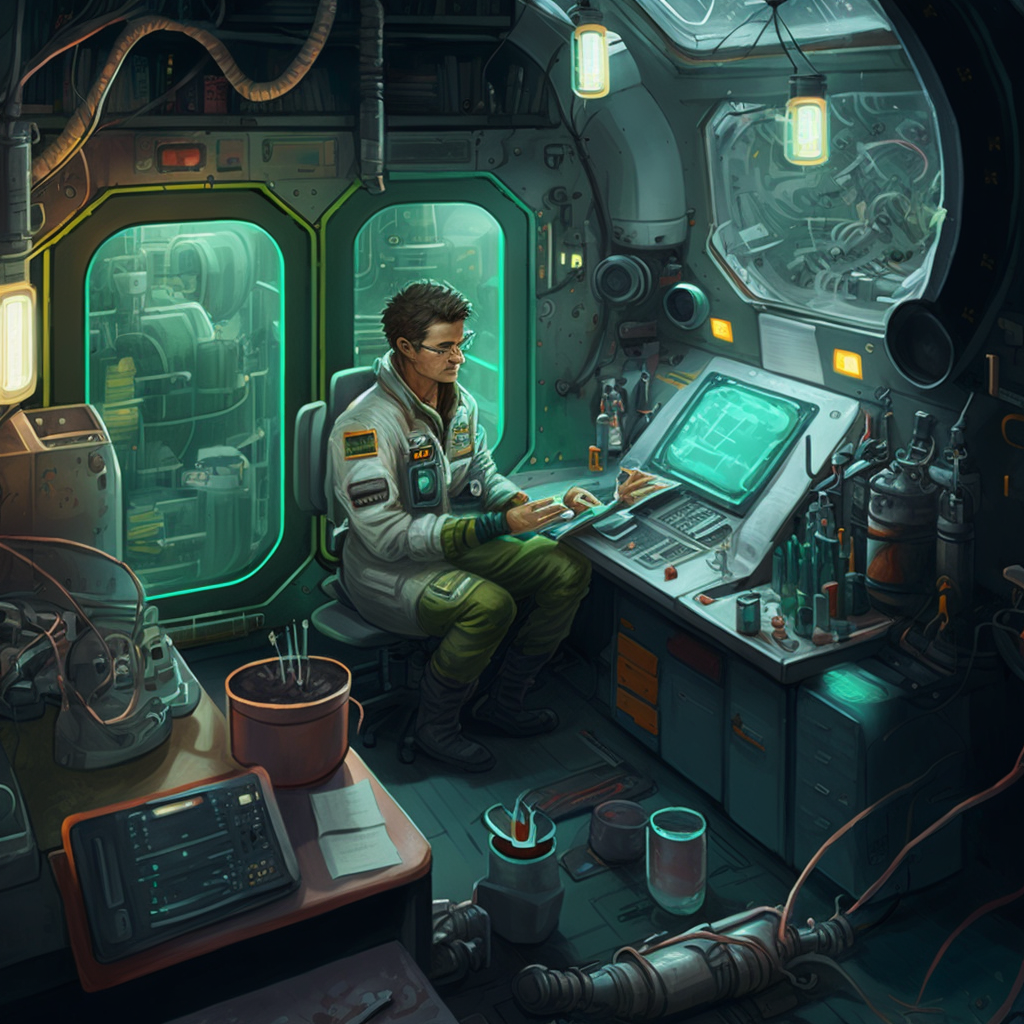
- Developing a believable culture: Aliens likely have their own culture, values, and customs that differ significantly from human culture. Developing a believable culture for the alien character can be a challenging and time-consuming task.
- Understanding the character’s biology: Depending on the type of alien being played, the character may have unique physical abilities or limitations. Understanding the biology of the character is essential to roleplaying the character effectively.
- Communicating with other characters: The character’s language or means of communication may differ from those of the other characters in the game. The player may need to develop a new language or unique communication style to communicate effectively with other characters.
- Developing a backstory: The character’s backstory may be vastly different from human experiences. Developing a backstory that is both believable and engaging can be a challenge.
- Adjusting to different social norms: The character’s social norms and expectations may differ significantly from those of human society. Adjusting to these differences can be challenging, and the player may need to make difficult choices regarding the character’s behavior.
- Balancing different priorities: The character’s priorities may differ from those of the other characters in the game. Balancing the character’s priorities with those of the group can be a challenge.
- Staying in character: Maintaining consistency with the character’s behavior and values can be challenging, especially in high-pressure situations.
- Interacting with other players: The character’s alien nature may create tension or misunderstandings with other players in the game. The player must navigate these interactions effectively while staying true to the character’s nature.



